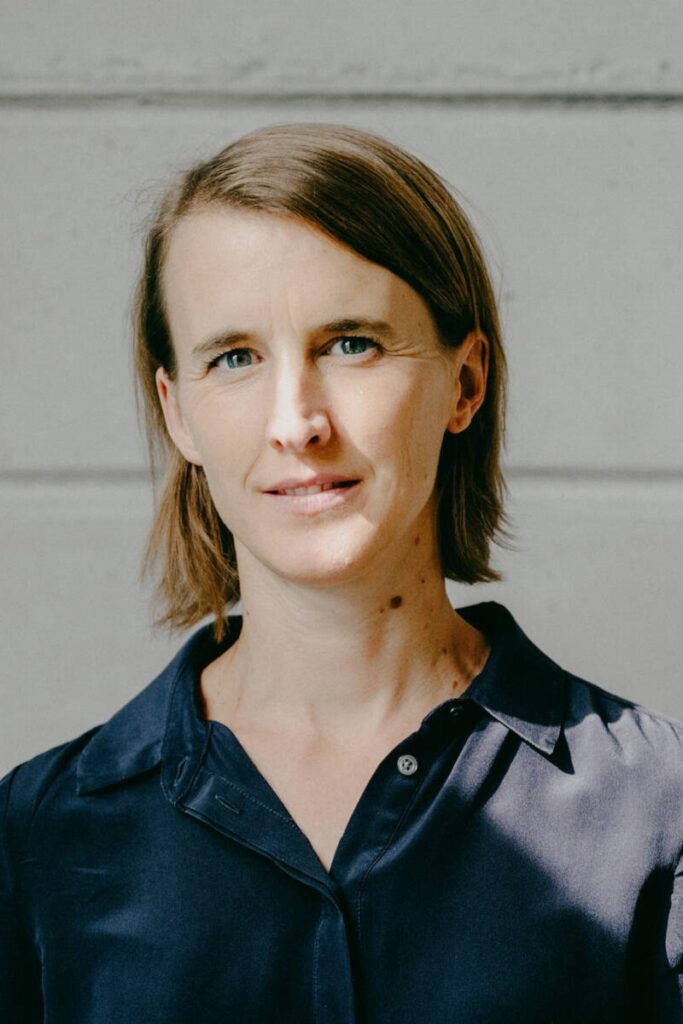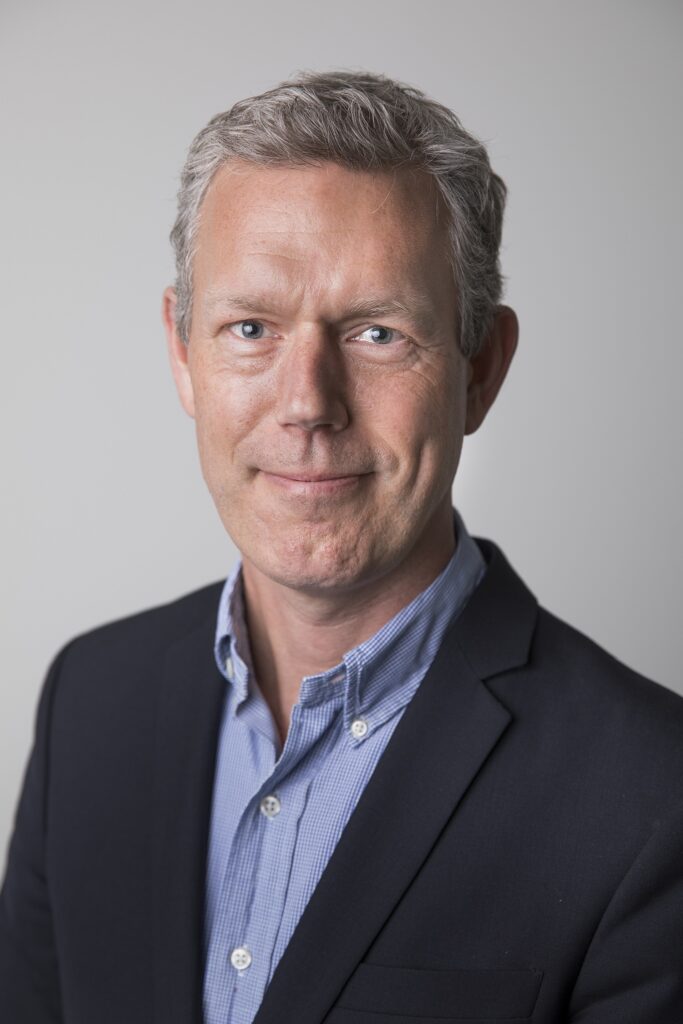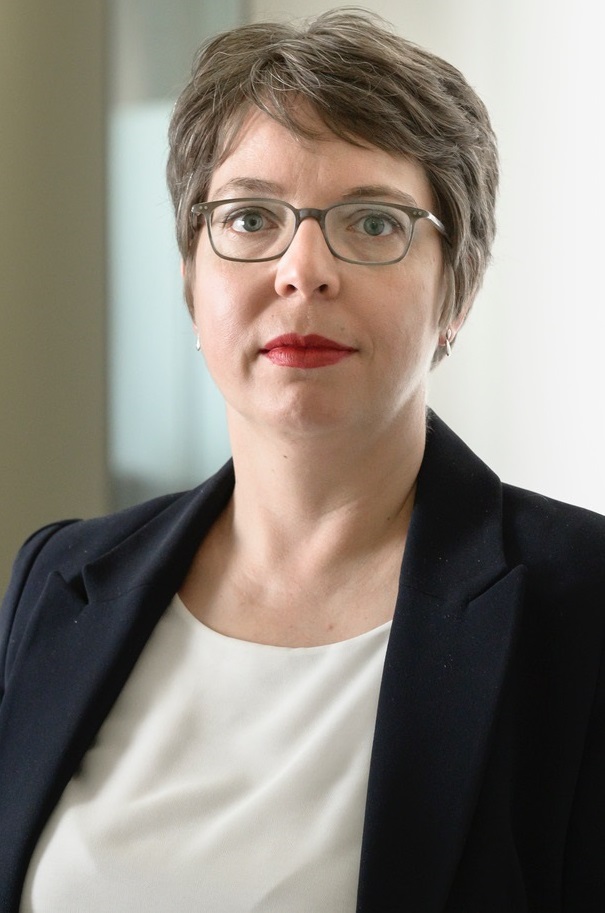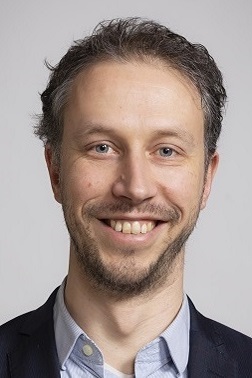Advisory Board
The Advisory Board of GLOWIN is formed by several excellent scholars who have each made important contributions to the scholarly debates closely related to GLOWIN’s interests. They help GLOWIN identify the most promising avenues of inquiry offered by our unique data and assist us, with their experience and advice, in realizing the full potential of our approach.
Dr. Christian Rauh is Senior Research Fellow at the Global Governance unit of the WZB Berlin Social Science Center and, in 2020, interim Professor of International Politics and Law at the Free University Berlin. His research explores, among other things, the public political debates about European and international institutions. In his research, Rauh applies innovative empirical analysis tools, including quantitative text analysis. The results of his research have been published in European Union Politics, European Journal of Political Research, Journal of European Public Policy, Journal of Information Technology & Politics, and Review of International Political Economy. He authored A responsive technocracy? EU politicisation and the consumer policies of the European Commission (ECPR Press) and co-authored Which policy for Europe? Power and conflict inside the European Commission (OUP).
Prof. Gabriele Spilker is Professor of “International Politics – Global Inequality” at the Department of Politics and Public Administration and part of the Excellence Cluster “The Politics of Inequality” at the University of Konstanz. Her main research interests concern both the determinants and the consequences of inequality. In particular, she investigates the consequences of climate change for migration and conflict as well as inequalities in perceiving globalization processes. Her work has been published in the British Journal of Political Science, International Organization, Journal of Politics, Journal of Peace Research, International Studies Quarterly, The Review of International Organizations, and Nature Climate Change. Gabriele Spilker is an active part of Scientists for Future (S4F).
Prof. Jonas Tallberg is Professor of Political Science at Stockholm University, where he coordinates the research group on global and regional governance, selected as a leading area of research at SU. His primary research interests are global governance and European Union politics. He currently directs the research program Legitimacy in Global Governance (LegGov), the research project The Global Governance of Artificial Intelligence, and the research project Democracy, Autocracy, and International Cooperation. His articles have appeared in journals such as American Political Science Review, International Organization, International Studies Quarterly, British Journal of Political Science, Review of International Organizations, European Journal of International Relations, Journal of Common Market Studies, Journal of European Public Policy, and West European Politics. The books he authored or co-authored include Citizens, Elites, and the Legitimacy of Global Governance (OUP), The Legitimacy of International Organizations (CUP), Legitimacy in Global Governance (OUP), The Opening Up of International Organizations (CUP) and Leadership and Negotiation in the European Union (CUP). Tallberg has won numerous awards for his research.
Prof. Stefanie Walter is Professor for international relations and political economy at the Department of Political Science (IPZ) at the University of Zurich. Her research concentrates on the fields of international and comparative political economy, with a particular focus on distributional conflicts, political preferences and economic policy outcomes related to globalization, European integration, and financial crises. Her current projects examine the mass politics of disintegration, Brexit, and the backlash against globalization. Her work has been published by outlets such as American Journal of Political Science, Annual Review of Political Science, Comparative Political Studies, European Union Politics, International Organization, and International Studies Quarterly. She authored Financial crises and the politics of macroeconomic adjustments (CUP) and co-authored The Politics of Bad Options: Why the Eurozone’s Problems Have Been So Hard to Resolve (OUP).
Prof. Pieter de Wilde is Professor at the Department of Sociology and Political Science at Norwegian University of Science and Technology. He studies political conflict over European integration and globalization. His research addresses Euroscepticism as well as public debate in mass media, the internet and parliamentary settings. He is project leader for UNREP, on unelected representatives and their impact on liberal democracy in Europe as well as principal investigator for the project Trondheim Analytica, on what social media reveal about citizens’ political preferences and partner in RECONNECT, on democracy and rule of law in Europe. His work has been published in Journal of European Public Policy, Journal of Common Market Studies, West European Politics, European Political Science Review, European Journal of Political Research, and European Journal of International Relations. He co-authored The Struggle Over Borders: Cosmopolitanism and Communitarianism (CUP).





